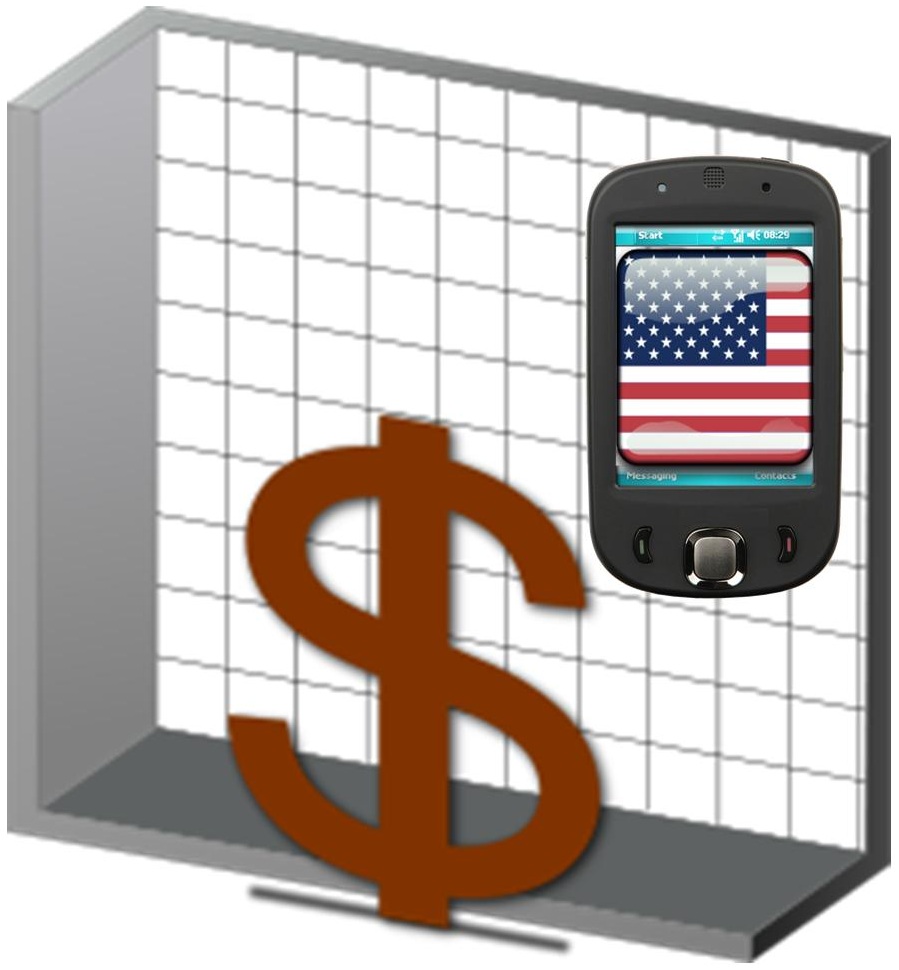Morpho NFC-enabled SIM cards could make mobile payments more available
Morpho, a developer of SIM cards for mobile devices, has announced that it will be supplying a new brand of NFC-enabled SIM cards to the MobiPag project, which is based in Portugal. The MobiPag project comes from a consortium of Portuguese companies that have a strong interest in mobile payments. These companies are eager to see mobile payments become more common throughout the country and believe that NFC SIM cards may be the best way to see this hope become a reality.
NFC technology continues attracting criticism
NFC technology is one of the most important tools in the world of mobile commerce. Most of the world’s mobile payments platforms have been based on this technology in the past. The technology itself is relatively simple, as it allows for digital information to be collected and transmitted over short distances. NFC technology has been the target of harsh criticism for its uses in mobile payments recently, largely due to the low availability of NFC-enabled mobile devices.
 NFC SIM cards could help draw more people to mobile payments
NFC SIM cards could help draw more people to mobile payments
Because most mobile payments services are based on NFC technology, only mobile devices that are equipped with the technology can make use of these services. NFC-enabled mobile devices are still quite rare throughout the world, effectively limiting the number of people that can participate in mobile commerce in any significant way. An NFC-enabled SIM card could solve this problem, however, as such a card would give a mobile device NFC capabilities without actually being equipped with the technology.
Simple solution may yield powerful results
Morpho believes that its NFC-enabled SIM cards will help draw more consumers into mobile payments through the MobiPag project. These consumers will be able to make payments with nothing more than their mobile device thanks to these SIM cards. Overall, this solution may lead to a major surge in Portuguese mobile payments that could establish the country as one of the most active mobile commerce hubs in the world.
Mobile payments may be revolutionized by ambitious developers
Mobile payments are becoming more popular and common in the U.S., but many still claim there are barriers between the mobile commerce world and consumers. Some mobile payments services are being criticized as not being convenient enough for some consumers while others are meeting consumer backlash over matters of security. Mobile developers have been working to find ways to make mobile payments more efficient in recent months in the hopes of making the entirety of the mobile commerce scene more accommodating and attractive to consumers.
Harper Reed announced plans for new mobile commerce application
Harper Reed, former chief technology officer for Barack Obama’s 2012 re-election campaign, has announced that he and a team of developers are working to develop a new mobile payments application. Reed suggests that this application will change the way people participate in mobile commerce and will act as a push-button solution to many of the problems that currently exist in the realm of mobile payments. Reed managed to garner acclaim for his work with mobile applications during the Obama campaign and his talent may be enough to bring about major changes in mobile payments.
 Application aims to streamline mobile payments
Application aims to streamline mobile payments
The application is currently in very early stages of development and Reed and his team have yet to decide on the final features the application will offer. For now, only the application’s ultimate goal is set in stone. Reed envisions an application through which purchases can be made with a simple push of a button, or in this case a tap of the screen of a mobile device. The application would make use of financial information stored on a mobile device in order to make this possible and Reed believes that making mobile payments easier for consumers to manage will make the entire online retail scene more active.
Security remains top challenge in mobile commerce space
While Reed’s vision for the future of mobile payments is ambitious, there are still several challenges that exist in the mobile commerce space that have made consumers somewhat leery of paying for products with their smartphones and tablets. The most prominent of these challenges has to do with security. Mobile payments have long been plagued by security issues that have put the financial information of consumers in danger, thereby driving many people away from this field. In order for Reed and his team to find the success they seek in mobile payments, they will have to find a way to solve the security problem.
 NFC SIM cards could help draw more people to mobile payments
NFC SIM cards could help draw more people to mobile payments
 Application aims to streamline mobile payments
Application aims to streamline mobile payments